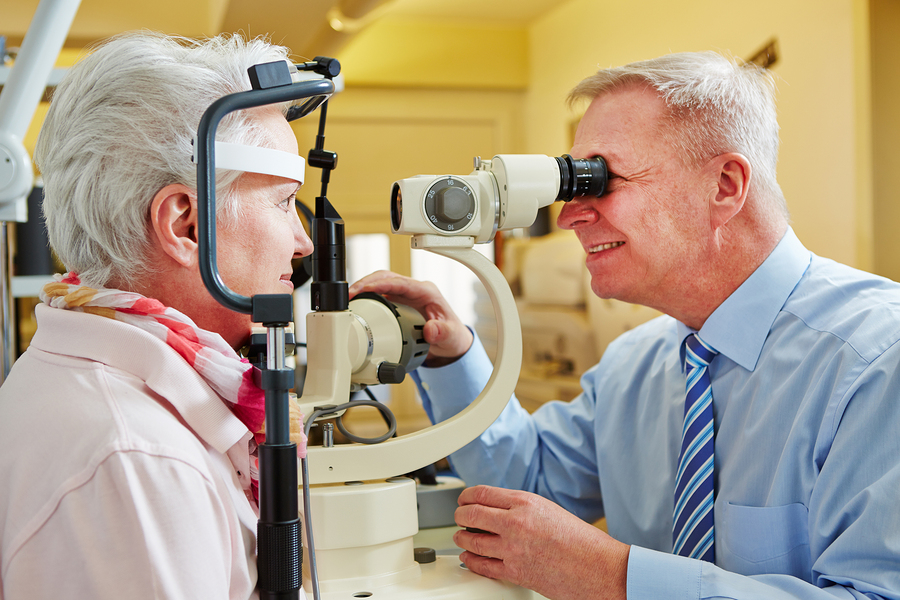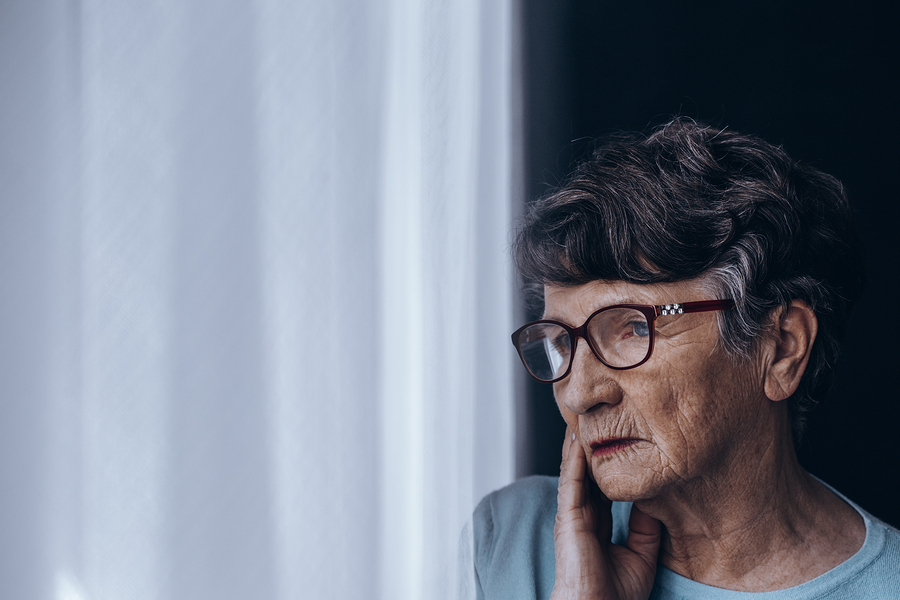Traumatic brain injuries, also called TBIs, can have a significant impact on individuals of all ages, but seniors are particularly vulnerable due to age-related factors. Understanding as much as possible about TBIs and how they impact seniors is so important for family caregivers. This can also help families to get the right help for their aging adults, like bringing in 24-hour home care providers.
Causes of TBI in Seniors
Seniors can experience traumatic brain injuries due to various causes. Falls are the most common reason for TBIs among older adults, often resulting from impaired balance, decreased mobility, or vision problems. Other causes include accidents during daily activities, such as bumping heads on furniture or cabinets, or even motor vehicle accidents. Additionally, older adults may be at increased risk of TBIs due to certain medications that can affect balance and coordination. Understanding the causes of TBIs in seniors is crucial in implementing preventive measures to mitigate the risks.
Lingering Effects of TBIs
Traumatic brain injuries can have long-lasting effects on seniors, impacting their physical, cognitive, and emotional well-being. Physical effects may include headaches, dizziness, fatigue, and difficulty with coordination and mobility. Cognitive effects can manifest as memory problems, decreased attention span, and difficulties with problem-solving and decision-making. Emotional effects may include mood swings, irritability, depression, and anxiety. It is important to recognize these lingering effects and provide appropriate support and resources for seniors to manage and cope with the challenges they may face.
Preventing Brain Injuries in Seniors
Prevention plays a crucial role in reducing the incidence of TBIs in seniors. Strategies for preventing brain injuries include creating a safe living environment by removing hazards, ensuring proper lighting, and using assistive devices like grab bars and non-slip mats. Elder care providers can help with these tasks. Regular exercise and balance training can help improve strength and stability, reducing the risk of falls. Encouraging seniors to wear appropriate protective gear when engaging in activities with a higher risk of head injury, such as cycling or skating, is also essential. Furthermore, medication reviews by healthcare professionals can identify medications that may increase the risk of falls or affect balance, allowing for adjustments as necessary.
Helping Seniors Recover from Traumatic Brain Injury
Supporting seniors in their recovery from traumatic brain injury requires a multidisciplinary approach. Medical professionals, including neurologists and rehabilitation specialists, can assess the severity of the injury and create personalized treatment plans. Rehabilitation programs may include physical therapy, occupational therapy, speech therapy, and cognitive rehabilitation to address the specific challenges faced by each individual. Emotional support is also vital, as seniors may experience frustration, anxiety, and depression during their recovery process.
Encouraging social engagement and providing a supportive network can help seniors regain confidence and improve their overall well-being. Hands-on help, especially with daily tasks at home is essential. Some seniors may need help around the clock from 24-hour home care.
Traumatic brain injuries can have a profound impact on seniors, necessitating a comprehensive approach to prevention, management, and recovery. By understanding how to help seniors manage TBIs properly, family caregivers can put the right solutions in place.
If you or an aging loved one is considering 24-hour home care in Tempe. AZ, please call the caring staff at Golden Heart Senior Care of Scottsdale at (480) 284-7360. We are here to help!



